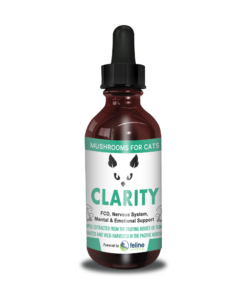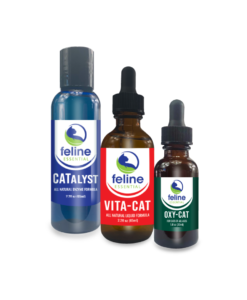Since our world encountered a global pandemic in 2020, nearly everyone is now familiar with an antibody test. For us proactive cat parents, this is a strange silver lining to such a global tragedy.
Nine years ago, we learned the hard way how important an antibody test – aka titer test – is for our cats. We allowed our Pooh Bear to be re-vaccinated with the rabies vaccine without first testing to see if he was still protected from his prior rabies vaccine. Almost immediately we realized something was very wrong. Many vet visits later, Pooh Bear was diagnosed with an auto-immune disease.
We understand the important protection vaccines provide for our cats. What we did not know was that stimulating the immune system (with vaccines) when immunity already exists can have some terrible side-effects.
Here’s what we’ve since learned:
Veterinarians are regularly titer test to ensure they themselves are not over-vaccinated.
A titer test is a simple blood draw that tests to see if our cats (and vets) are till protected from their last vaccine. A vaccine should not be given if the antibody level still shows protection. Worth noting that a vaccine should also never be given to an ill cat.
Many veterinarian clinics have yearly vaccine protocols – and we understand it adds extra paperwork to perform a titer or document an exemption for illness. This should not stop you from asking your vet to titer test your cat before allowing additional vaccines. Unfortunately, the price for this test varies greatly by lab. Send the test to Kansas State University to save you both some money if your vet feels it’s too expensive.
This will also save you and your cat from the heartache and challenges we’ve been navigating for the past nine years with our Pooh Bear. Remember – always – that you are your cat’s best advocate.




Recent Comments